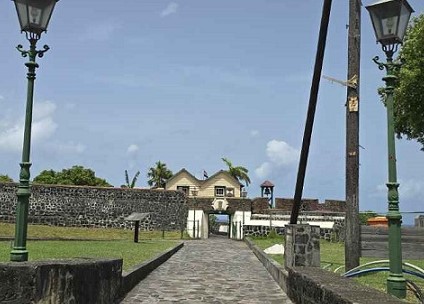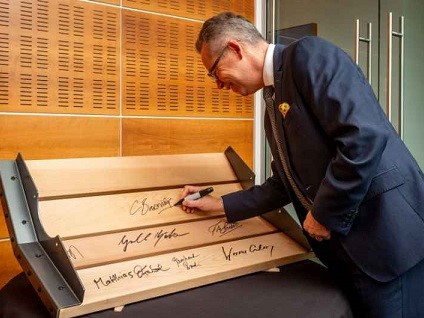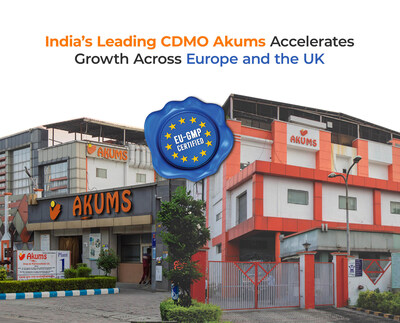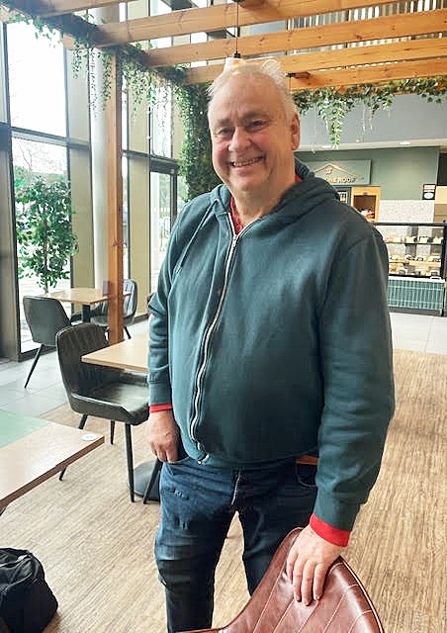The arrival of HS2 in Birmingham will bring a “generation change” to the city and the wider West Midlands must start shouting more loudly and positively for itself to ensure the region is not passed over for future opportunities. This was the message from Greater Birmingham Chambers of Commerce (GBCC) chief executive Paul Faulkner when he addressed business leaders at a Chamber dinner for Premier members at Birmingham Museum and Art Gallery.
Mr Faulkner said: ”It’s probably not over-stating things to say that the HS2 will bring a generation change to the Midlands. It will fuel new developments at Curzon in the city centre and UK Central outside Solihull, and generally drive new areas for regeneration, housing and business growth across the entire region.
“In total it is estimated that it will create over 100,000 new jobs by the time the first trains are running by 2027– with ten per cent of those being earmarked for local residents who are currently unemployed - and add about £14 billion pounds a year to the regional economy.”
Mr Faulkner also told the audience of over 100 that after the recession, the region had “very encouraging” economic conditions ahead.
He added: “The regional economy is worth £110 billion and growing, and is home to the largest concentration of businesses outside of London as well as the greatest number of start-ups outside of the capital, with over 18,000 new businesses starting in Birmingham alone last year.
“We lead the country in export growth, with 100 per cent growth between 2009 and 2014 - mainly thanks to JLR but not solely due to them - and the GBSLEP has created over 85,000 new jobs in the area in the last five years, well ahead of targets.
“Unemployment is still higher than the national average, at six per cent for the West Midlands, but the gap has closed in recent years, and is trending in the right direction.
“We also rank highly in terms of some softer measures – most popular destination in the country for people relocating from London, with twice as many as moved to Manchester, our schools are performing better than any other core cities when measured by GCSE results, and there is a strong growth in tourism and general quality of life.
“We now have five Michelin-starred restaurants in the city, including the fourth best in the world. We are also the home of CSR City in the UK, an initiative set up in a joint partnership by the city council, the LEP and the Chamber, led by our president Greg Lowson.
“CSR City is designed to bring businesses and, initially, schools together and make it easier to deliver CSR activities that are truly effective for all parties. It’s a great initiative and a real feather in the cap for Birmingham.”
Mr Faulkner added that his outlook was “unashamedly upbeat” and added: “If anything, my views do somewhat deliberately focus on the positives, as I think that one major failing we have had in the area in the past is that we haven’t done enough to promote ourselves and what is great about the city and wider region.
“We’ve been too humble or hard on ourselves and bought into the general negative stereotypes of Birmingham that still seem to exist today amongst people who don’t actually spend any time in the city.
“Right now we can all see the Northern Powerhouse agenda being driven hard by the Chancellor – highlighted again with Chinese Premier Xi being steered to Manchester ahead of Birmingham.
“I think there is a real risk that if we don’t shout more loudly and positively about what is good in Birmingham and the wider West Midlands, and do that collectively, then we may end up being passed over somewhat for future opportunities that should reside here and that we will need to further fuel the redevelopment of the region and the continuation of the renaissance that we can see all around us.”
James Rowntree, managing director of Transport for Europe at infrastructure giant CH2M, which co-sponsored the dinner with Atkins, spoke about the “effect of major investment in infrastructure on local economies.”
















